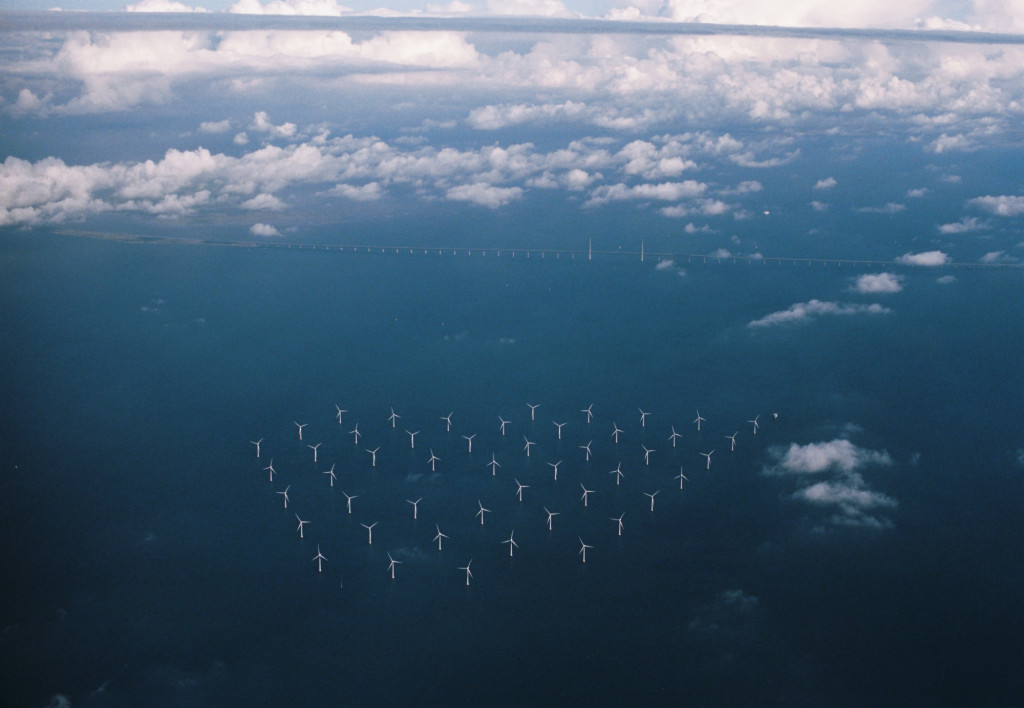
Technology & Urban Mobility
We make technology, but technology also makes us. From the ability to make fire to looking at the stars through a telescope – technology expands our senses and helps us to shape the world around us.
However, the growing speed and complexity of our innovation is making it increasingly hard to grasp this new future, or the consequences it has on our lives. For even a hammer can become a weapon, depending on how you use it …

Towards a conscious use of technology
Just as with that ancient tool the hammer, our modern technologies are also no neutral instruments. A smartphone, for example, can connect us globally and enable new ways of communication around the world, but it can also become a tool for mindless timewasting or mass surveillance.
More often than not, technology companies compete on the latest features, use innovative buzzwords or promise ‘solutions’ that make life easier, yet in this sea of complexity it is becoming more important than ever to paint a bigger picture and look for the deeper meaning in technology.
So how do we decide if an idea is useless or something that enriches lives and creates meaning? How do we know whether a particular technology can make positive contributions to supporting human rights or help build a sustainable future, or undermine all of the above?
WAALD guides organisations and entrepreneurs in this complex quest for purpose and in understanding the ethical implications of technology – through strategic narratives that frame their innovations and ideas in such a way that they’re transformed into meaningful contributions to improving the quality of life on Earth.